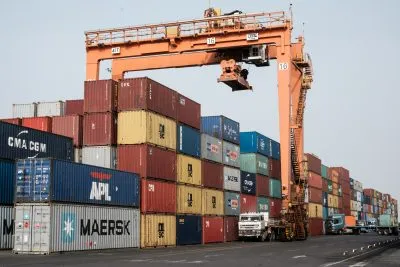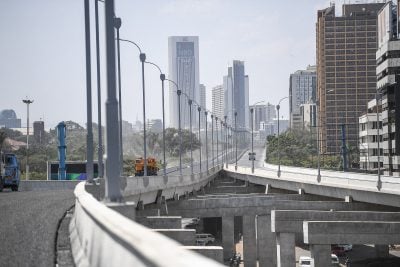We hereby invite representatives of the media to cover the Panel Discussion to mark World Food Day, which will be held in the New Hall One in the University of Juba, on the 25th of October from 15.00 – 17.00.
One of the biggest issues related to climate change is food security. The world’s poorest – many of whom are farmers, fishers and pastoralists – are being hit hardest by higher temperatures and an increasing frequency in weather-related disasters.
At the same time, the global population is growing steadily and is expected to reach 9.6 billion by 2050. To meet such a heavy demand, agriculture and food systems will need to adapt to the adverse effects of climate change and become more resilient, productive and sustainable. This is the only way that we can ensure the wellbeing of ecosystems and rural populations and reduce emissions.
Growing food in a sustainable way means adopting practices that produce more with less in the same area of land and use natural resources wisely. It also means reducing food losses before the final product or retail stage through a number of initiatives including better harvesting, storage, packing, transport, infrastructure, market mechanisms, as well as institutional and legal frameworks.
This is why our global message for World Food Day 2016 is “Climate is changing. Food and agriculture must too.”
It resonates with the crucial time in which the day will be observed, just before the next UN Climate Change Conference, COP 22, from 7-18 November 2016 in Marrakech, Morocco.
Distributed by APO on behalf of Food and Agriculture Organization (FAO).
Want to continue reading? Subscribe today.
You've read all your free articles for this month! Subscribe now to enjoy full access to our content.
Digital Monthly
£8.00 / month
Receive full unlimited access to our articles, opinions, podcasts and more.
Digital Yearly
£70.00 / year
Our best value offer - save £26 and gain access to all of our digital content for an entire year!
 Sign in with Google
Sign in with Google 




